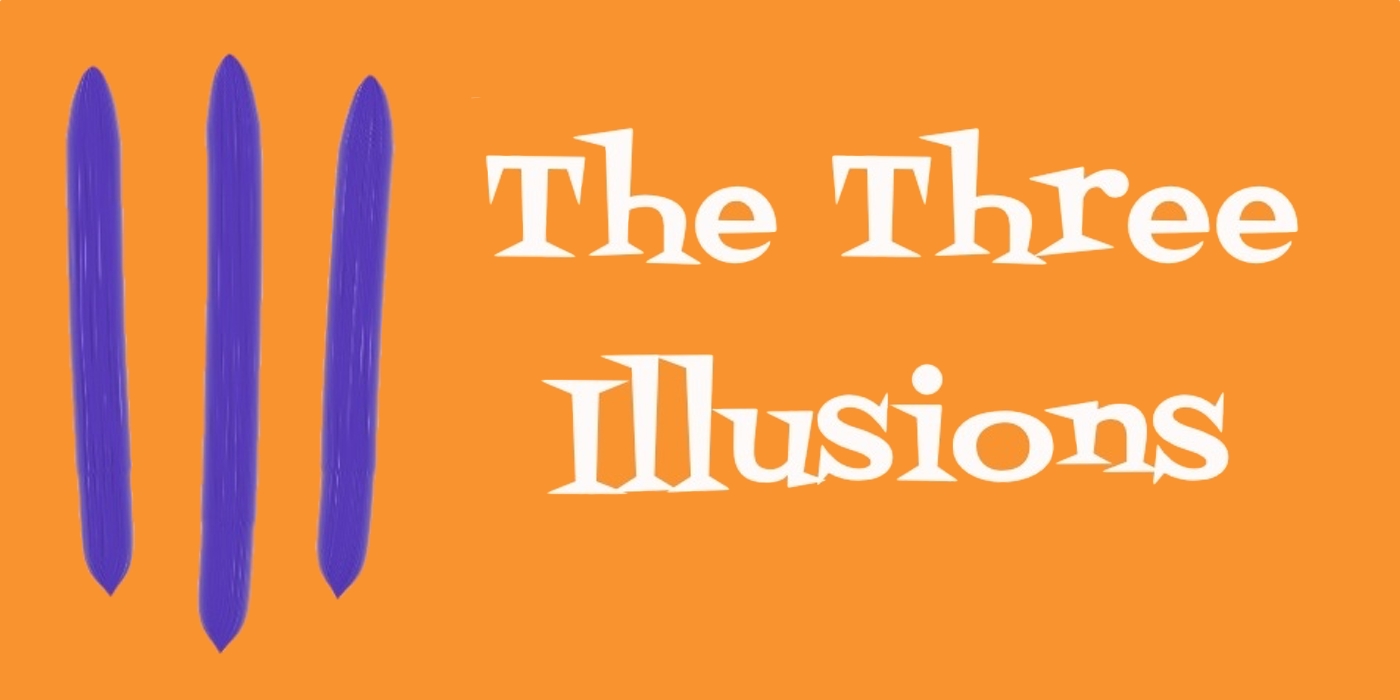by cr_threeillusions | Mar 22, 2012 | Blog
A hot topic for several thousand years, the question of whether free will exists may never be settled to everyone’s satisfaction. But in a series of new articles for the Chronicles of Higher Education, six academics from diverse fields offer fresh perspectives from the standpoints of modern neuroscience and philosophy. Ultimately, they voted 4-2 in favor of the position that free will is merely an illusion.
The four scientists on the panel denied the existence of free will, arguing that human behavior is governed by the brain, which is itself controlled by each person’s genetic blueprint built upon by his or her life experiences. Meanwhile, the two philosophers cast the dissenting votes, arguing that free will is perfectly compatible with the discoveries of neuroscience.
(link)
by cr_threeillusions | Mar 4, 2012 | Blog
I love getting questions or challenges from readers and I will respond to as many of them as I can here.
Last night I was talking to a reader who happens to be my mother. Her feeling was that we don’t yet know everything there is to know about how the brain works and that one day we might find something that justifies a belief in free will.
While I totally agree that we have much to learn about the brain, it seems far-fetched to think that any new discoveries will negate the fact that the brain is made of chemicals. And chemicals, as we all know, obey certain laws – the Laws of Chemistry. And chemicals always function according to causality. Add two atoms of hydrogen to one atom of oxygen under the right conditions and you will always end up with a molecule of water.
So whatever we learn about the brain, it will always be true that our thoughts and decisions are electro-chemical events inside the brain. And these events will – MUST – be the result of causal laws. So if they are causal, they cannot be ‘free’. Fight it all you want, but your thoughts, actions and decisions are 100% the result of causality.
Now, of course, this does NOT mean that your brain cannot learn and change and, therefore, that means how you react in certain situations might change over time. The brain is always changing. But no matter how your brain and behavior changes over time, you will still never have free will. As you grow new neurons and new connections between existing neurons, those new neurons will continue to operate according to the causal laws of chemistry.
Finally, the idea that we may learn new things about how the brain works in the future and that this might justify our belief in free will is a self-defeating idea in the first place. If you don’t know right now exactly HOW you create thoughts and decisions, then you cannot claim to be in control of those events. And if you aren’t in control, then you don’t have free will.
